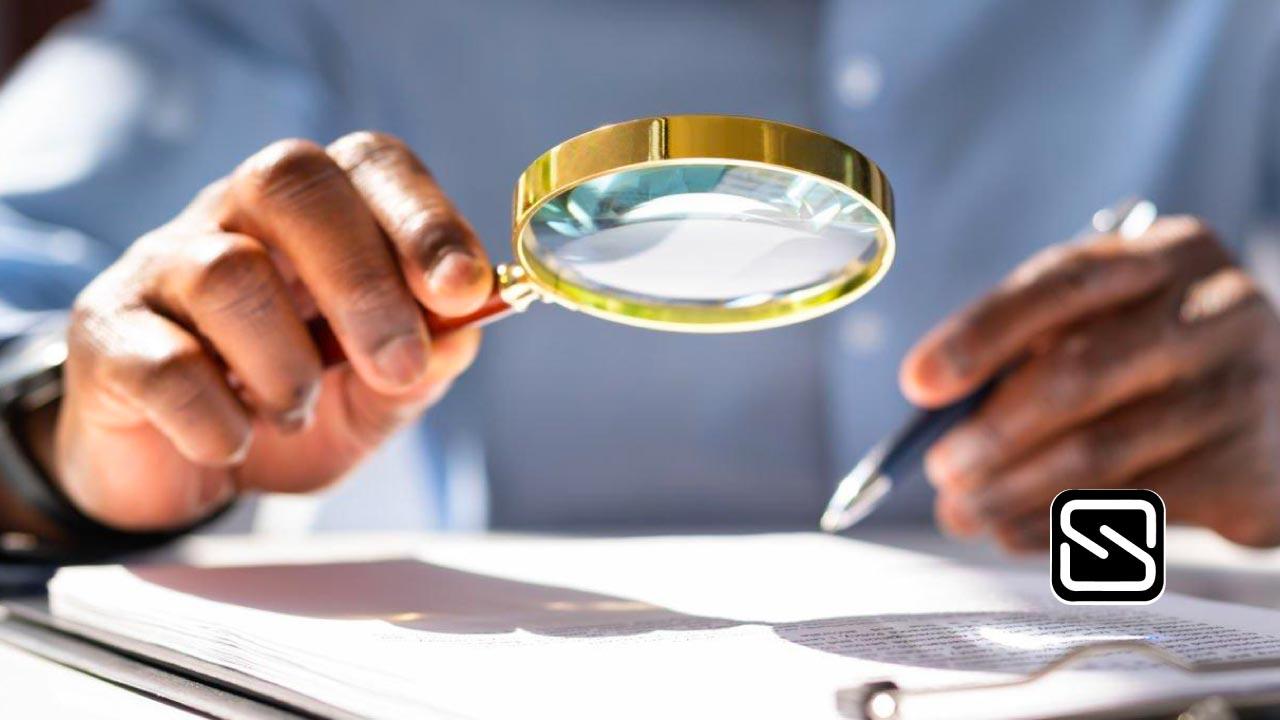Kenya Establishes a Parliamentary Panel to Probe Worldcoin
This parliamentary inquiry into the cryptocurrency initiative comes approximately three weeks after Kenya suspended Worldcoin’s operation.
By Staff
The Worldcoin cryptocurrency initiative has encountered a fresh hurdle, this time within Kenya’s borders. The Kenyan government has instituted a 15-member parliamentary panel to delve into the contentious digital asset.
According to a local publication, the Kenyan government has formed a committee to investigate the contentious cryptocurrency enterprise, which will be overseen by Gabriel Tongoyo, Member of Parliament for Narok West. The House committee has given the parliamentary delegation 42 days to conduct its inquiry and present its findings.
This parliamentary inquiry into the cryptocurrency initiative comes approximately three weeks after Kenya suspended Worldcoin’s operations due to the project’s failure to adhere to government directives to cease the scanning of users’ irises.
Kithure Kindiki, the Interior Cabinet Secretary and a pivotal figure in the suspension of Worldcoin’s activities conveyed to the House committee that the government is apprehensive about Worldcoin’s actions involving citizen registration and iris data collection, which he alleges pose substantial security risks.
Besides the parliamentary committee’s involvement, Worldcoin has been met with firm resistance from multiple regulatory bodies within Kenya. The court also imposed a suspension on Worldcoin’s activities following a case initiated by the data commissioner’s office. The court mandated that data amassed by Worldcoin between April of the previous year and August 2023 be retained pending the resolution of the legal proceedings.
Worldcoin, a cryptocurrency project focusing on digital identification, introduced its native coin, WLD, as an incentive for iris scanning. Despite attracting nearly 2 million users during its trial phase, the initiative’s public launch in numerous countries sparked controversy and attention. Reports highlighting questionable practices prompted investigations from governments in Nigeria, the United Kingdom, Argentina, Germany, and Kenya.
